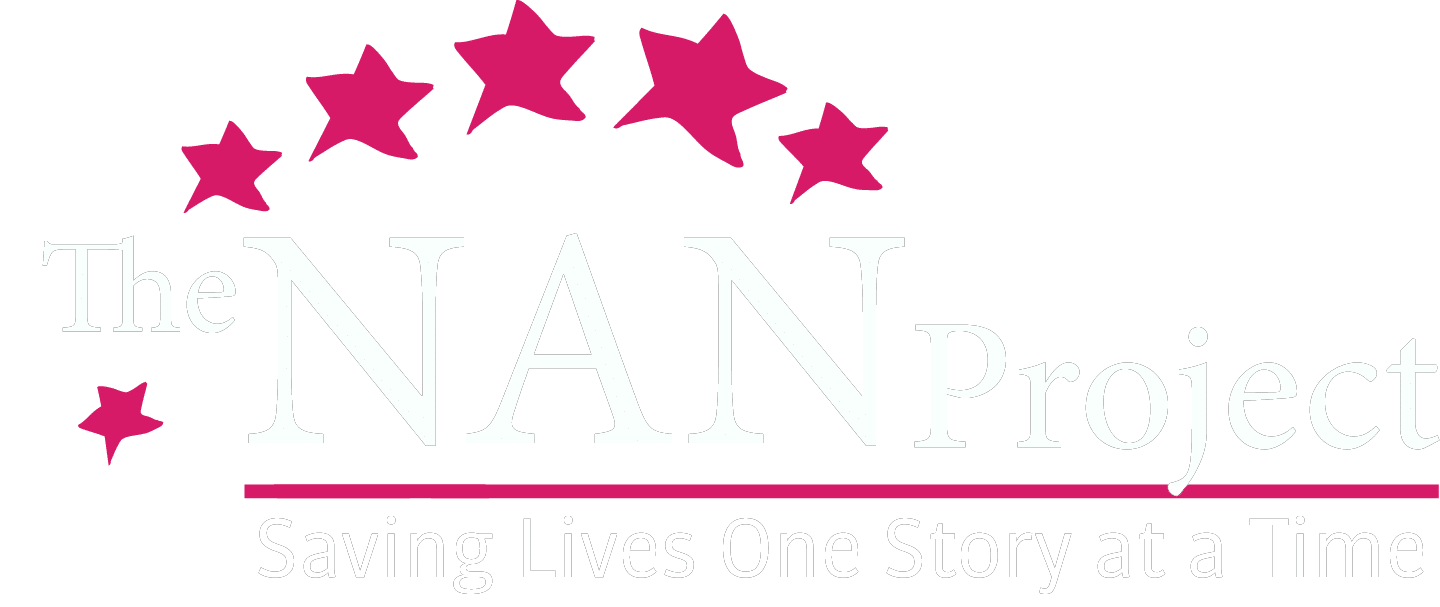Help for Families and Young People
How to Help a Loved One
If you know someone who is depressed, it affects you too. The most important thing you can do is help your friend or relative get a diagnosis and treatment. Talk with your guidance adjustment or counselor at your school. You may need to make an appointment and go with him or her to see a doctor or therapist. Encourage your loved one to stay in treatment, or to seek different treatment if no improvement occurs after 6 to 8 weeks.
There is help and there is hope!
See the following clip discussing the first step to helping your loved one that is struggling – Asking the question – “Are you ok?”
There Are Resources for Families
- Ask your family or primary care doctor, pediatrician, or ob-gyn physician for a referral.
- Students who are in school and their families can talk to a guidance counselor.
- Contact your local community mental health center.
- Those in a college or university can contact the student Counseling Center or Health Center.
- Connect to a clinic or treatment facility associated with a local Medical School or graduate training program in psychology, counseling or social work.
- Contact the Department of Psychiatry at your local hospital.
- If there is a university in your area, inquire whether they have a Depression Research Center or other mental health services.
Professional Organizations That Can Provide Information or a Referral
American Psychiatric Association
American Psychological Association
National Association of Social Workers
U.S. Substance and Mental Health Services Administration (SAMHSA)
National Grassroots Support Organizations
The American Foundation for Suicide Prevention
Depression & Bipolar Support Alliance
Anxiety Disorders of America Association
National Alliance for the Mentally Ill (NAMI)
Resources for Young People
You can access online emotional support through Samaritans 24/7 Helpline which is confidential and free. You can call or text via the Massachusetts statewide number any time at (877) 870-4673. Samaritans answers texts from people dealing with suicidal ideation, feelings of isolation and issues that can appear to be overwhelming.
Links for Young People
The Society for Prevention of Teen Suicide
Links for BIPOC mental health
BIPOC Mental Health Resources (ENGLISH)
BIPOC Mental Health Resources (SPANISH)
Links for LGBTQ young people
LGBTQ+ Mental Health Resources (ENGLISH)
LGBTQ+ Mental Health Resources (SPANISH)
